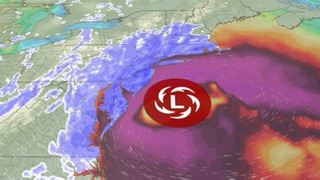WOODY GUTHRIE LIVES ON



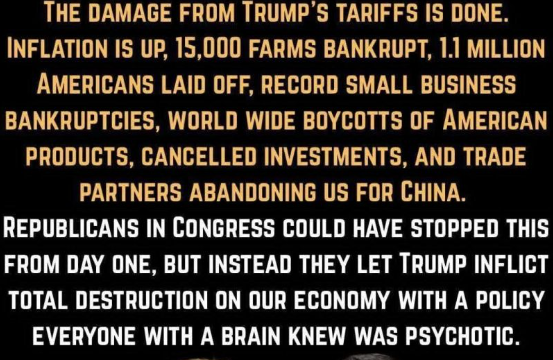
As of now, it’s just a political pledge rather than a scheduled payment... Wait a couple of weeks.
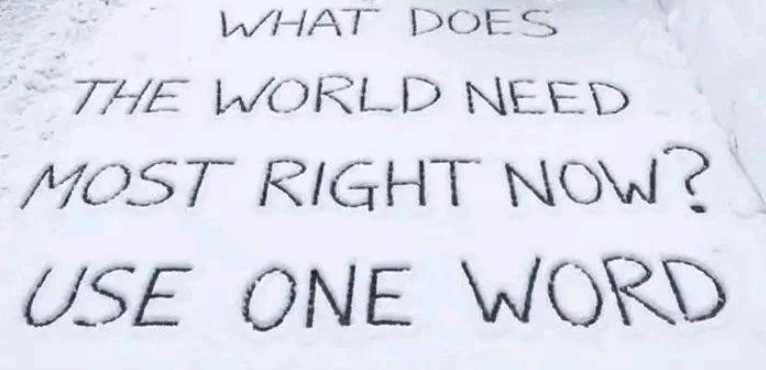
You are right, because there are no wrong answers. Please write one word and mail it to #CityImages city.images3@gmail.com


I love NYC but not during the WINTER. For those living elsewhere who are interested in the situation here on City Island and elsewhere in NYC have up to 14 inches of snow.
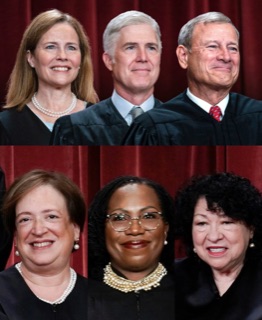
While Trump views the tariffs as essential for "economic independence," many GOP lawmakers are sounding alarms as the 2026 midterm elections approach:
Constitutional Concerns: Several Republicans, including Sen. Rand Paul and Rep. Don Bacon, have praised the Supreme Court's ruling, arguing that Article I of the Constitution gives the power to tax and set tariffs solely to Congress.
Economic Risk: Sen. Ted Cruz has warned of a potential "bloodbath" for the party if a trade war triggers a recession before November.
These are the US Supreme Court Justices who struck down the Trump Tariffs. After singing… Baby, baby where did our love go?
Courtesy: https://chatgpt.com/
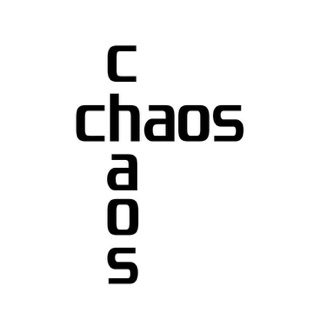
As we dissect the news from the noise and media dynamics, our elected officials, and institutional secrecy all interacting at once, there is something more systemic than just “chaos” or just “cover-ups.” What we have is a self-reinforcing political ecosystem.
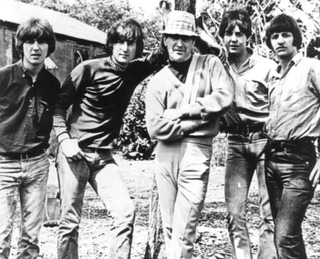
Murray, The K gained popularity by promoting The Doggie in the Window to I Want to Hold Your Hand.
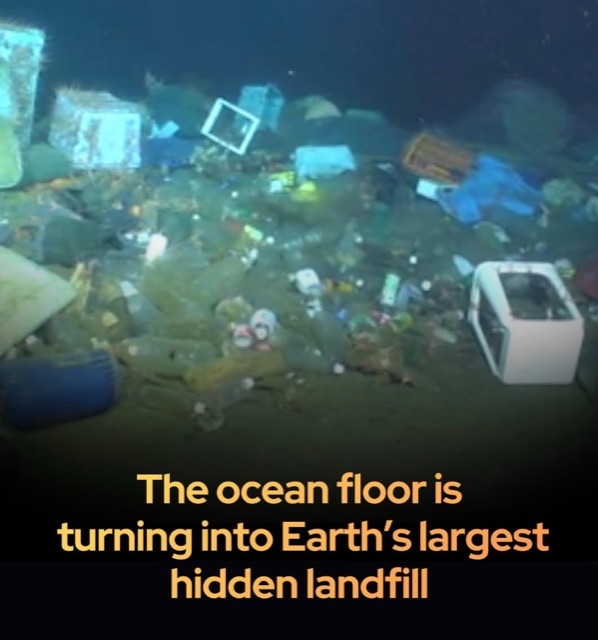
Does it worry you? I am concerned because I have children and grandkids. The world needs more people who refuse to accept waste as the price of progress and refuse to accept waste in every way.
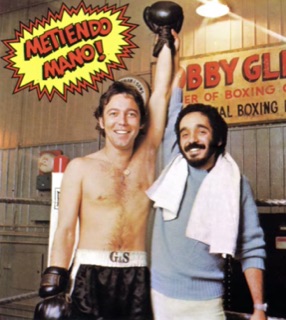
He was a community activist for the Latinos and ran for public office.
